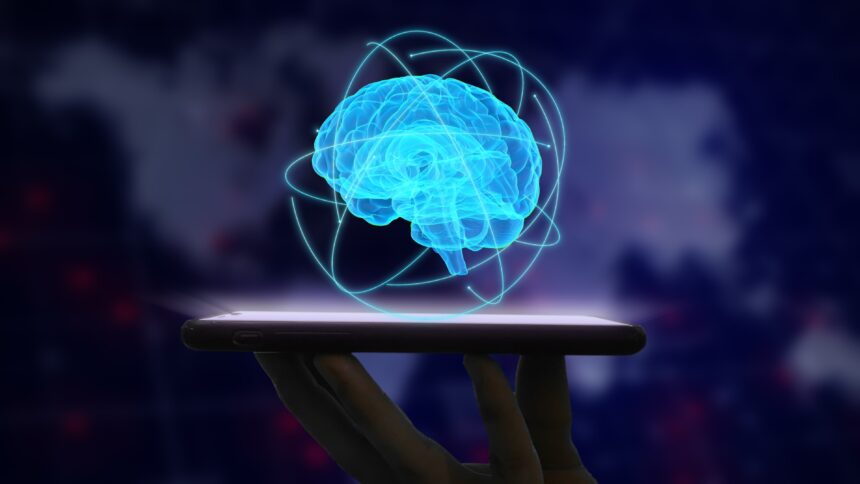“An important question is how well-placed Australian law is to deal with challenges of technologies that monitor and/or influence the brain.”
Protecting our brains
“Australia needs to consider what kind of response is needed here given that other countries’ governments have already moved to address such issues,” said Dr McCay.
“In August this year, the Chilean Supreme Court handed down a historic judgment with respect to neurotechnology and human rights, which addressed the issue of the protection of brain data, drawing on their recently upgraded constitution.”
In 2021, Chile brought about the world’s first neurotech-inspired constitutional change and this modification inserted the following words into section 19 of the constitution:
Scientific and technological development will be at the service of people and will be carried out with respect for life and physical and mental integrity. The law will regulate the requirements, conditions and restrictions for its use in people, having to protect especially the brain activity, as well as the information coming from it.
The change was a milestone in the protection of neurodata (data derived from the brain or nervous system) and has set a precedent, with other countries now also looking at constitutional change.
The Supreme Court’s decision was in relation to a product (marketed as Insight) which monitors the brainwaves of users. The device might be used to monitor cognitive performance including levels of attentiveness or stress or used to control devices.
Drawing on the 2021 constitutional change, the court ordered Emotiv, the company (which began in Australia) that produced the product to remove the appellant’s brain data from their portals and ‘The Cloud’.
The appellant, Guido Girardi, a former Chilean senator, was a driving force behind the 2021 constitutional change and strongly advocates for ‘neurorights’.
Human Rights and neurotech
Dr McCay says the Australian Human Rights Commission is now actively considering what Australia and the international community might do. Both the Human Rights Commissioner and the President of the Human Rights Commission have spoken at Australian events with a neurotechnology focus, and the Commission recently made a submission to the UN concerning neurotechnology and human rights.
“But it seems the consideration of Australia’s response to neurotechnology needs to expand,” said Dr McCay.
“These devices might not just extract information but act upon our brains and nervous systems to influence them.
“Neurotechnology will challenge a variety of areas of law. This will require Law Reform Commissions in Australia look at the emerging challenges, and it also means that various regulators such as the Office of the Australian Information Commissioner should consider the technology’s implications.
“However, in addressing the legal issues, we must avoid a regulatory environment that stops the development of beneficial therapeutic neurotechnology – this technology must be supported rather than impeded.
“These matters will require political leadership. Whilst in Australia, artificial intelligence is currently, at least to some extent, on the political agenda, the more specific issues relating to humans developing a much closer connection or even merging with technology are entirely absent from Australian political discourse.
“That now needs to change. It is critical that we give our full attention to laws that protect the privacy and integrity of our brains and consider the many other ways in which neurotechnology will impact upon the law.”
He adds that the Chilean developments are particularly significant for Australia, as there has been a recent increased commercial interest in neurotechnology.
“The level of investment alone suggests the time is right for Australia to further consider a response to neurotechnology,” said Dr McCay.
Dr McCay analyses the significance of the case in more detail in this article in Law Society of NSW.










